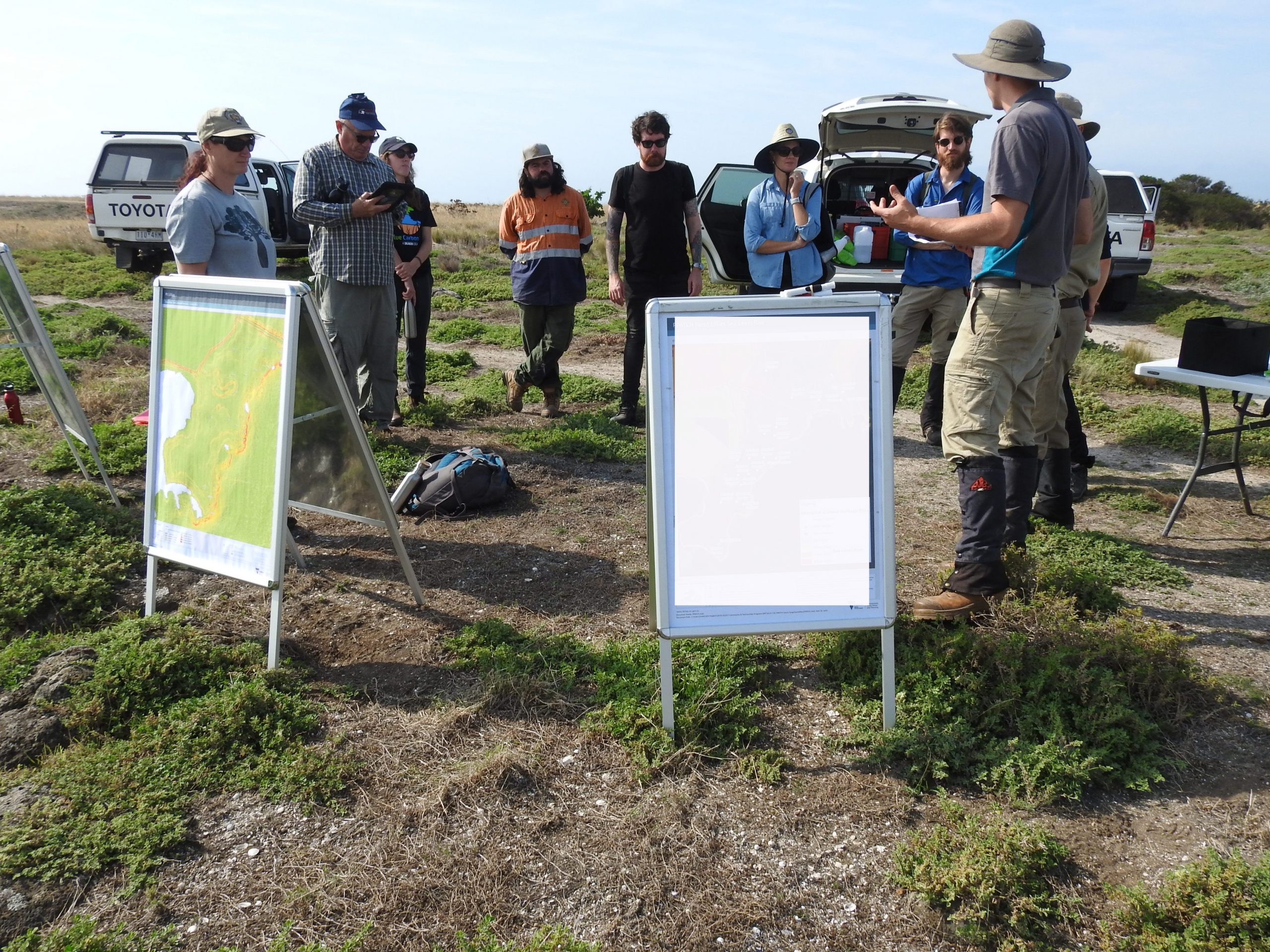This project will build on the previous work achieved through the Victorian Coastal Wetland Restoration Program, in which the Blue Carbon Lab, Coastcare Victoria and Arthur Rylah Institute worked alongside Wadawurrung Traditional Owners Aboriginal Corporation (WTOAC) to perform remedial work at a coastal volcanic plain temperate grassland site within Port Phillip Bay Catchment.
Only 1% of natural temperate grasslands of the Victorian Volcanic Plain remain today. At Point Lillias there are remanent patches of native species that remain. However, this site has been poorly maintained and noxious weeds rule the landscape, which is just another reminder of European invasion. Aligned with Biodiversity 2037 goals, we will work to restore the natural temperate coastal grasslands at Point Lillias by working to increase the extent of this threatened ecosystem and provide better connectivity between the existing patches in the area for fauna that rely on this habitat. Temperate grasslands support many threatened mammals (eastern barred bandicoot), birds (swift parrot) and reptiles (striped legless lizard).
Point Lillias is a unique location in Port Phillip Bay, a narrow peninsular lined by coastal saltmarsh, with temperate grasslands in the centre. Understanding the site is essential to managing it. The ecological community in temperate grasslands can vary seasonally, which is why seasonal surveys are critical. This project intends to help the recovery of the threatened grassland ecosystem and protect the cultural heritage, through community vegetation surveys and weed management activities.
This project will address weed management, a high priority threat to the site identified by WTOAC. We will prioritise seasonal weed surveys and weed control actions (spraying and potentially mosaic cultural burn) that will not only protect a large cluster of cultural heritage sites, but also benefit native biodiversity.
Funding for the on-ground works is delivered by Goldfields Weed Management.




